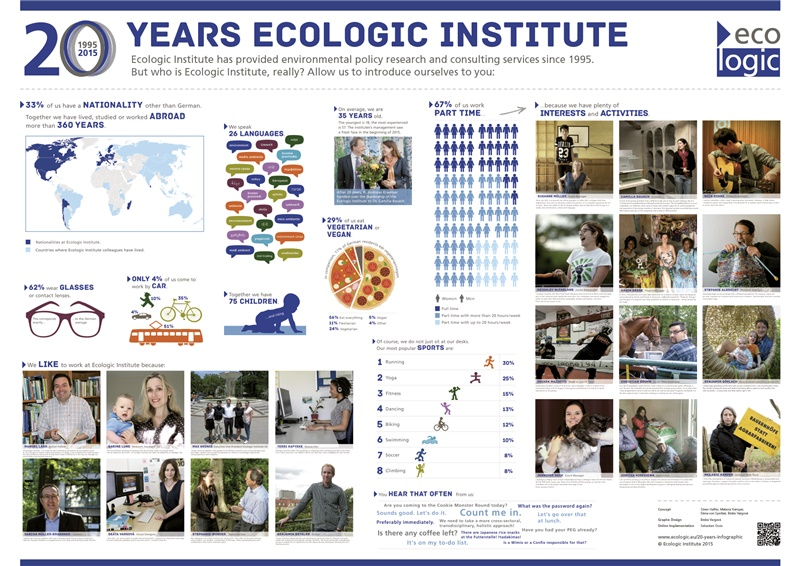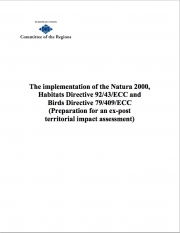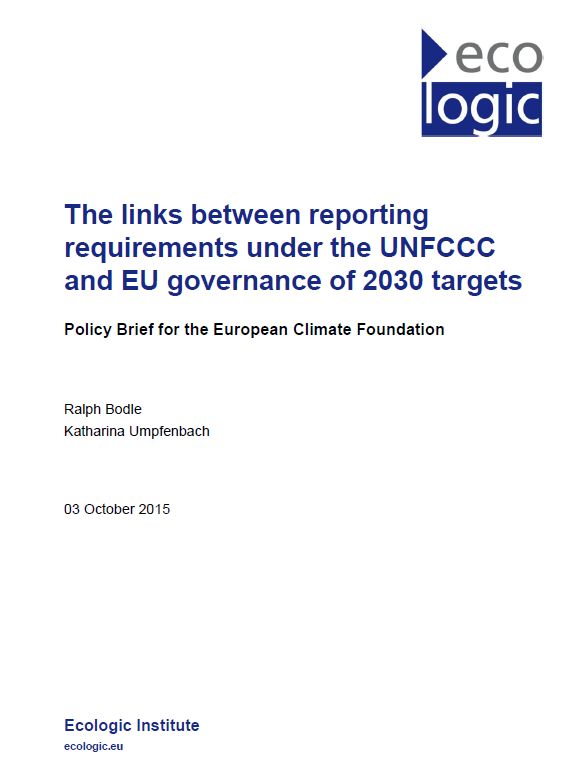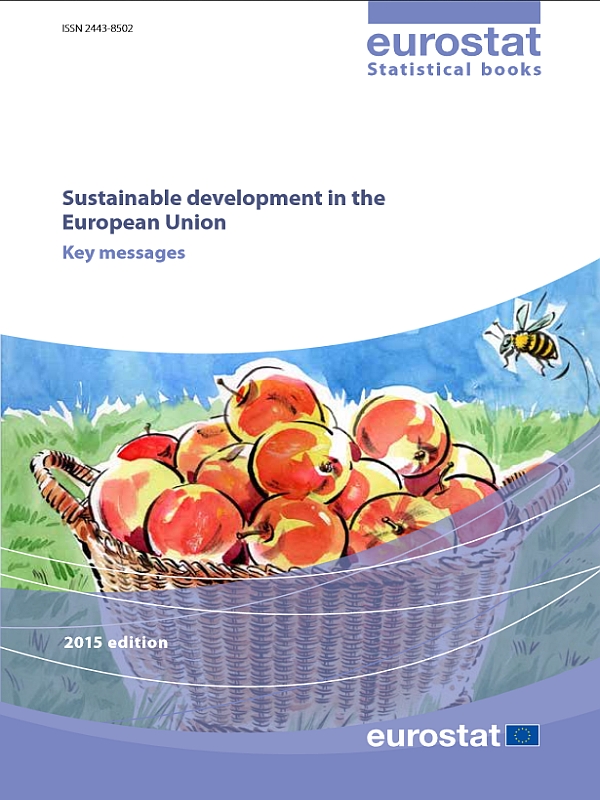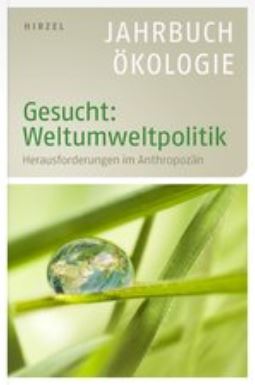Event:Conference
Publication:Infographic
Publication:Report
The Implementation of the Natura 2000, Habitats Directive 92/43/ECC and Birds Directive 79/409/ECC
Preparation for an ex-post territorial impact assessment
Year
Read moreEvent:Workshop
Event
Quo Vadis Investment Protection: Reform of Investor-state Arbitration or an International Investment Court?
Berlin, Ecologic Institute,
Germany
Event:Discussion
Event:Climate Talk
Publication:Policy Brief
Presentation:Speech
The Effectiveness of the EU's Legislative Framework on Environmental Crime
Dr. Christiane Gerstetter
Project
Presentation:Speech
Substance and Style – How the WTO Adjudicators Legitimize their Decisions
Dr. Christiane Gerstetter
Event:Conference
Publication:Book
Presentation:Speech
Publication:Book
